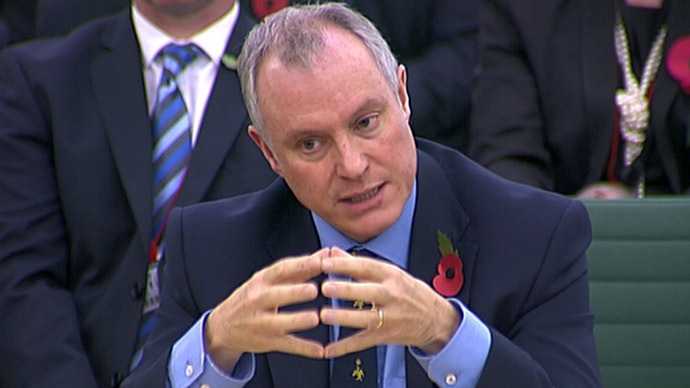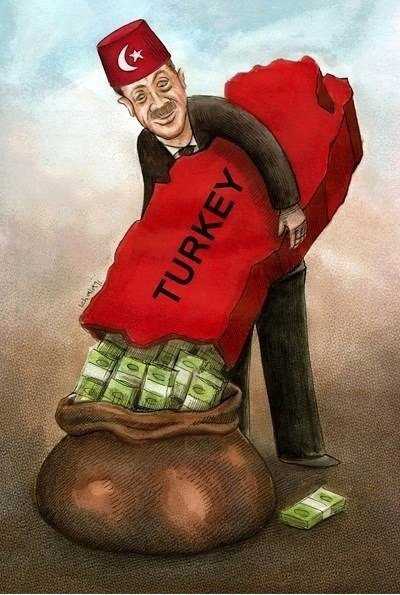
Officials: ‘Air pirate’ claims bomb on board, tries to have plane go to Sochi
According to CNN, a passenger announced Friday “that there was a bomb on board” his plane and wanted it diverted to Sochi — the Russian city hosting the Winter Olympics amid terrorism fears — Turkish officials said.
Rather than abide by the request, the Pegasus Airlines’ crew sent a hijacking alert that Turkey’s Air Force Control Center received at 5:20 p.m. (10:20 a.m. ET), Turkey’s semiofficial Anadolu news agency reported.
About 20 minutes later, the same report claimed two F-16 fighter jets scrambled to intercept the Boeing 737-800 and escort it over the Black Sea.
Eventually, the airliner landed safely at Istanbul’s Sabiha Gokcen airport, where video shot soon thereafter showed police and security officials converging on it.
Istanbul’s governor tweeted around 10 p.m. that “the air pirate has been neutralized” and all other passengers “disembarked from the plane without any problems.” Special forces who boarded the plane took him into custody “in a swift operation” without finding a “bomb on him,” Gov. Huseyin Avni Mutlu later told reporters.
“The operation is complete,” the governor said.
Mutlu said that the suspect — who never made it into the cockpit and at one point apparently thought the aircraft was destined for Sochi — “didn’t seem to have consumed alcohol, (but) he may have used some other substances.” He’d brought a carry-on bag with personal electronics and other items onto the Pegasus plane, according to the governor.
The incident came at a tense time given the various threats surrounding the Winter Games, which kicked off in earnest Friday night with its opening ceremony.
Russian security forces have cracked down in recent weeks on suspected militants in the restive North Caucasus republic of Dagestan — which is located on the other side of the Caucasus Mountains from Sochi — and elsewhere in recent weeks after twin suicide bombings in the city of Volgograd in December.
There have also been concerns specifically about explosives-laden airlines. U.S. Rep. Michael McCaul said Wednesday night that the his nation’s Department of Homeland Security issued a bulletin to airlines flying into Russia warning that explosive materials could be concealed in toothpaste or cosmetic tubes.
Airlines warned of possible toothpaste tube bombs
Official: Suspect is Ukrainian
The flight started in Kharkov in Ukraine, and was headed to Istanbul, according to the Transportation Ministry.
While it was in air, “one of the passengers said that there was a bomb on board and asked the plane to not land in Sabiha Gokcen but rather to land in Sochi,” Transportation Ministry official Habip Soluk said on CNNTurk.
The man said the bomb was in the baggage hold, a Transportation Ministry official said.
The aircraft ended up touching down at the Turkish airport at at 6:04 p.m., according to Anadolu, at which point it was moved to a safe zone on the tarmac.
Cihan News Agency of Turkey published a photograph it claimed came from inside the plane showing a man standing in a number 11 sports jersey with empty seats around him and two people in uniform.
Turkish officials have not confirmed that this photograph is from inside the Pegasus airliner or that the man at the center of it is the alleged hijacker.
The Ukrainian foreign ministry issued a statement identifying the suspect as one of its citizens, something that Soluk also said was the case. The Ukrainian ministry said no explosives or guns were found aboard the plane and that the suspect “voluntarily turned himself into police.”
Mutlu, Istanbul’s governor, offered a different take on how the alleged hijacker was detained.
“We had to use force because we were trying to persuade him and he wasn’t persuaded,” said Mutlu, adding Turkish authorities did not use guns and that the suspect suffered “a light injury.”
The suspect never said anything about Circassians — the residents in the volatile region around the North Caucasus mountains — or having lived in the region, according to the governor.
CNN’s Gul Tuysuz reported from Turkey, and Greg Botelho reported and wrote from Atlanta. Journalist Victoria Butenko contributed from Kiev, Ukraine, while CNN’s Michael Martinez contributed from Los Angeles.
Contributed By Tolga Cakir







